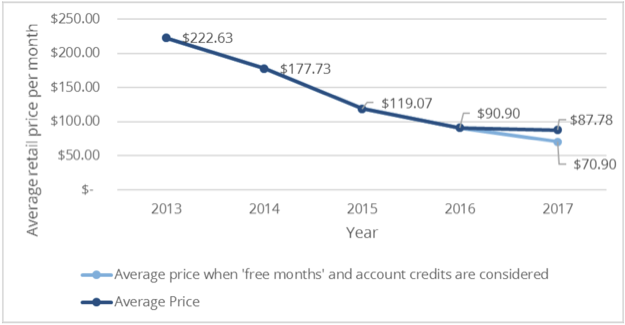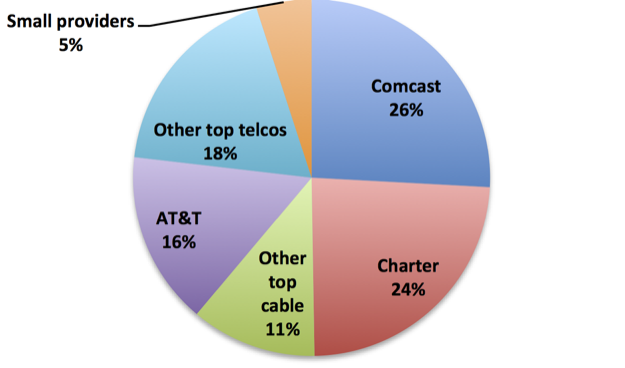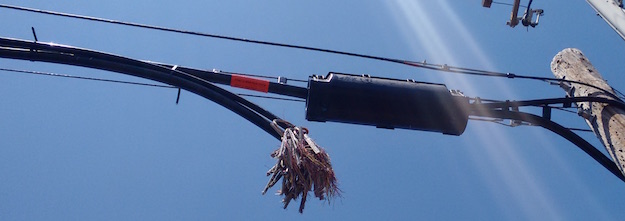Open access fiber drives down consumer broadband prices in New Zealand
A national project to build fiber-to-the-premise infrastructure and offer it to any Internet service provider on a wholesale basis began in New Zealand in 2011, with an initial goal of reaching 75% of Kiwi homes and businesses. According to a study done by International Data Corporation, a research firm, and sponsored by Spark, the biggest NZ reseller of FTTP service, the build out has reached about 65% of NZ premises, and the goal is now to reach 87% by 2022.… More



![By Joker Poker [CC BY 2.0 (https://creativecommons.org/licenses/by/2.0)], via Wikimedia Commons](https://www.tellusventure.com/images/2017/3/gambling_table.jpg)

![By 401(K) 2012 [CC BY-SA 2.0 (https://creativecommons.org/licenses/by-sa/2.0)], via Wikimedia Commons](https://www.tellusventure.com/images/2017/5/piggy_bank.jpg)

![By Slowking4 (Own work) [GFDL 1.2 (http://www.gnu.org/licenses/old-licenses/fdl-1.2.html)], via Wikimedia Commons](https://www.tellusventure.com/images/2018/1/net_neutrality_banners.jpg)


![By Credo Action (Protect Net Neutrality rally, San Francisco) [CC BY 2.0 (http://creativecommons.org/licenses/by/2.0)], via Wikimedia Commons](https://www.tellusventure.com/images/2018/3/sf_net_neutrality_rally_12sep2017.jpg)